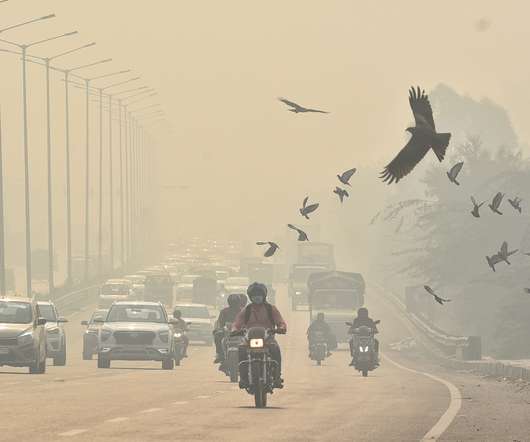Environmental Consequences of Vehicle Emissions
The Environmental Blog
JUNE 23, 2023
According to the World Health Organization (WHO), air pollution is responsible for around 7 million premature deaths each year. Additionally, in the US, transportation is responsible for the most greenhouse gas emissions, with CO2 accounting for about 97% of the overall global warming impact from transportation-related emissions.














Let's personalize your content